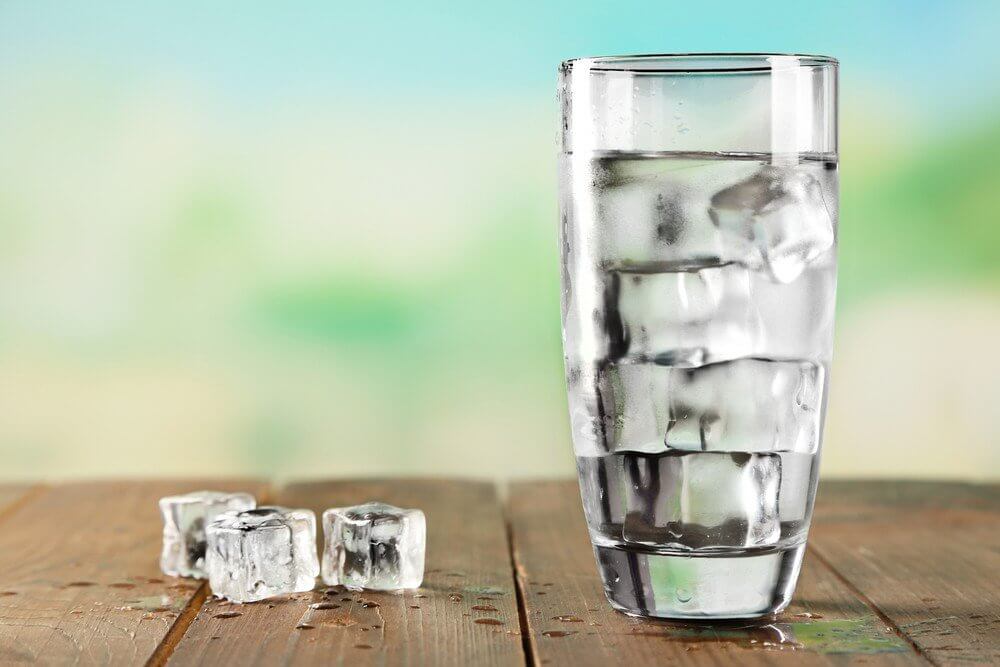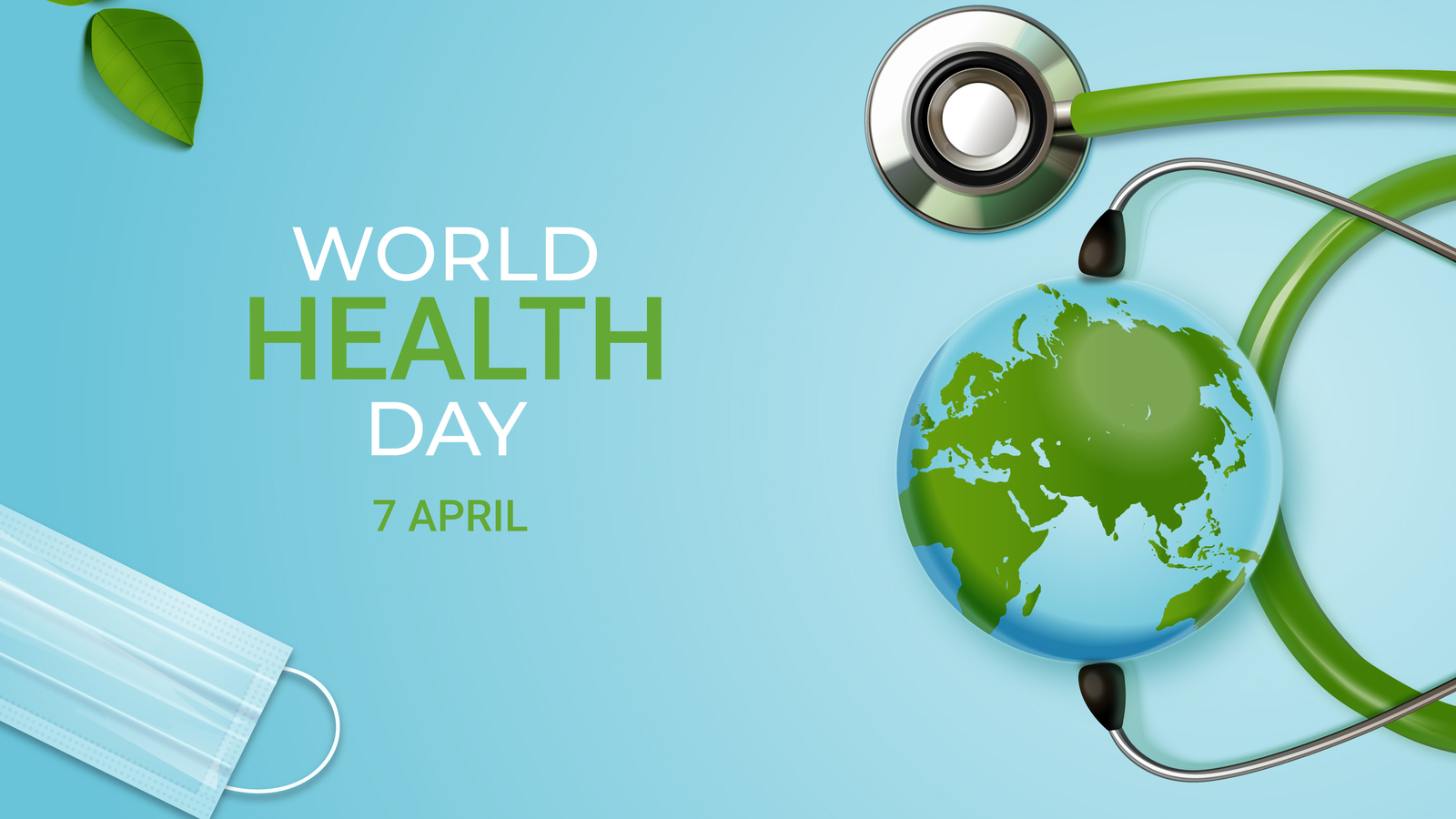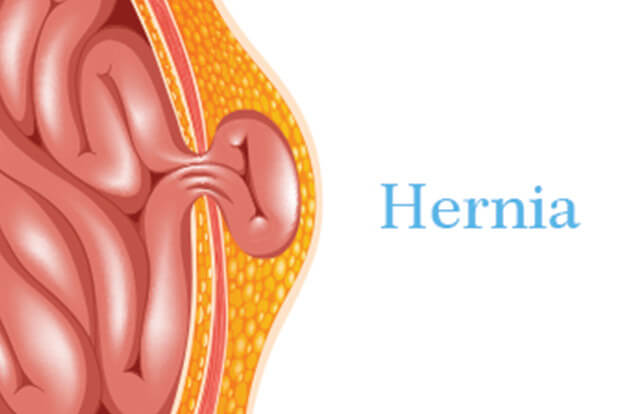Know the benefits of Omega 3 fatty acid that can help reduce high cholesterol
Wed 09 Apr 2025, 23:50:49

Due to the increasing pressure of work, most people do not pay attention to their diet. People who come to the city from far-flung areas in search of work, especially those people, do not pay attention to their eating habits. To fill their stomachs, such people mostly satisfy their hunger by eating junk food or oily fried food available in the market. But do you know that not taking nutritious food in the diet and eating fried food for a long time can cause you to face liver and cholesterol-related problems? This is the reason why cases of high cholesterol have increased among urban people.
Due to high cholesterol, the risk of heart disease increases in a person. In such a situation, people are more likely to have a heart attack or heart stroke. But, if some changes are made in the diet in time, then you can avoid the risk of high cholesterol. Experts say that the risk of high cholesterol can be reduced by including omega-3 fatty acids in the diet. In this article, let us know what can be the benefits of taking omega-3 fatty acids for high cholesterol.
Benefits of omega-3 fatty acids in high cholesterol
. Omega-3 fatty acid is essential for the body's functions. The body cannot make it on its own, so it has to be obtained through food or supplements. Let's know further what benefits can be derived by taking it for high cholesterol.
. Decreased triglyceride levels: Omega-3 fatty acids, especially EPA and DHA, help reduce triglyceride levels in the blood. High triglyceride levels are a major cause of heart disease.
. Help increase HDL (good
cholesterol): Omega-3 fatty acids increase HDL cholesterol, which helps remove excess cholesterol from the body. This cleans the arteries and improves heart health.
cholesterol): Omega-3 fatty acids increase HDL cholesterol, which helps remove excess cholesterol from the body. This cleans the arteries and improves heart health.
. Affecting LDL (bad cholesterol): Omega-3 fatty acids don’t directly lower LDL cholesterol, but they do make the particles larger, making them less harmful.
. Decreased inflammation: High cholesterol often swells in the body. Omega-3 fatty acids increase inflammation, which causes heart disease. It also reduces inflammation and balances the body's immune response.
. Helps in regulating heart rhythm: Omega-3 fatty acids such as EPA and DHA from seafood help maintain a stable heartbeat, thereby reducing the risk of arrhythmia and decreasing the risk of heart stroke.
Sources of omega-3 fatty acids
. Flaxseeds are rich in plant-derived omega-3 fatty acids (ALA). They can be ground and added to salads, smoothies, or roti dough.
. Omega-3 fatty acids are also found in soy milk, tofu, and edamame, which are good options for vegetarians.
. Chia seeds are not only rich in omega-3 but are also a good source of fibre and protein.
. Hemp seeds are not only a good source of omega-3, but they also have a balanced ratio of omega-6.
Omega-3 fatty acids are found in fish such as salmon, mackerel, tuna, etc.
Disclaimer: (Tips and suggestions mentioned in the article are for general information only and should not be construed as professional medical advice. Always consult your doctor or a dietician before starting any fitness programme or making any changes to your diet.)
No Comments For This Post, Be first to write a Comment.
Most viewed from Health
AIMIM News
Latest Urdu News
Most Viewed
May 26, 2020
Do you think Canada-India relations will improve under New PM Mark Carney?
Latest Videos View All
Like Us
Home
About Us
Advertise With Us
All Polls
Epaper Archives
Privacy Policy
Contact Us
Download Etemaad App
© 2025 Etemaad Daily News, All Rights Reserved.






























